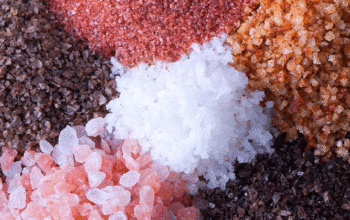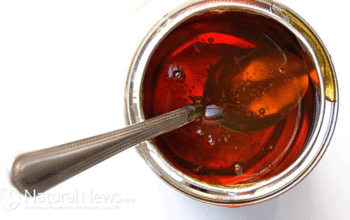Aloe vera, often referred to as the “Plant of Immortality” by ancient civilizations, has been a cornerstone of natural skincare and healing for thousands of years. From the sun-drenched deserts of Egypt to modern dermatology clinics, this remarkable plant has continuously proven its extraordinary potential for skin health and regeneration.
A Journey Through Time: The Ancient Roots of Aloe Vera
The historical significance of aloe vera stretches back millennia, with its first documented use dating to ancient Egyptian medical texts. Legendary figures like Cleopatra and Alexander the Great recognized its remarkable healing properties, incorporating it into their daily skincare and medical routines. Archaeological evidence suggests that aloe vera was so highly prized that it was often used as a form of currency and considered a sacred botanical with almost mystical healing capabilities.
The Multifaceted Benefits of Aloe Vera for Skin Health
Modern scientific research has validated what ancient cultures intuitively understood: aloe vera is a powerhouse of skin-healing nutrients. The gel contains a remarkable combination of:
- Vitamins A, C, and E
- Essential amino acids
- Minerals like calcium, magnesium, and zinc
- Powerful antioxidants
These components work synergistically to provide numerous skin benefits, including:
Hydration and Moisturization
Aloe vera’s high water content and natural humectant properties help bind moisture to the skin, providing deep hydration without leaving a greasy residue. This makes it particularly effective for individuals with dry or sensitive skin.
Anti-Aging and Wrinkle Reduction
The plant’s rich antioxidant profile helps combat free radical damage, which is a primary contributor to skin aging. By stimulating collagen production and improving skin elasticity, aloe vera can help reduce the appearance of fine lines and wrinkles.
Wound Healing and Inflammation Reduction
Aloe vera’s anti-inflammatory properties make it exceptional for treating minor wounds, burns, and skin irritations. Its natural enzymes and compounds like salicylic acid help accelerate wound healing and reduce inflammation.
The Science Behind Aloe Vera’s Skin Benefits
At a biochemical level, aloe vera works through multiple mechanisms. Its complex composition includes polysaccharides that promote skin cell regeneration, glycoproteins that reduce inflammation, and amino acids that support collagen synthesis. These components interact with the skin’s immunological system, promoting faster healing and reducing oxidative stress.
Incorporating Aloe Vera into Your Skincare Routine
For optimal results, consider these practical tips when using aloe vera:
- Use pure, organic aloe vera gel for topical application
- Perform a patch test to check for potential allergic reactions
- Apply to clean skin, preferably in the evening
- Consider combining with other natural skincare ingredients
Potential Side Effects and Precautions
While generally safe, some individuals might experience side effects such as skin irritation or allergic reactions. People with diabetes, kidney issues, or those taking certain medications should consult a healthcare professional before extensive use.
Conclusion
From its ancient origins to modern scientific validation, aloe vera continues to demonstrate its remarkable potential in skincare. By understanding its rich history and diverse benefits, we can harness this “Plant of Immortality” to support our skin’s health and radiance.





